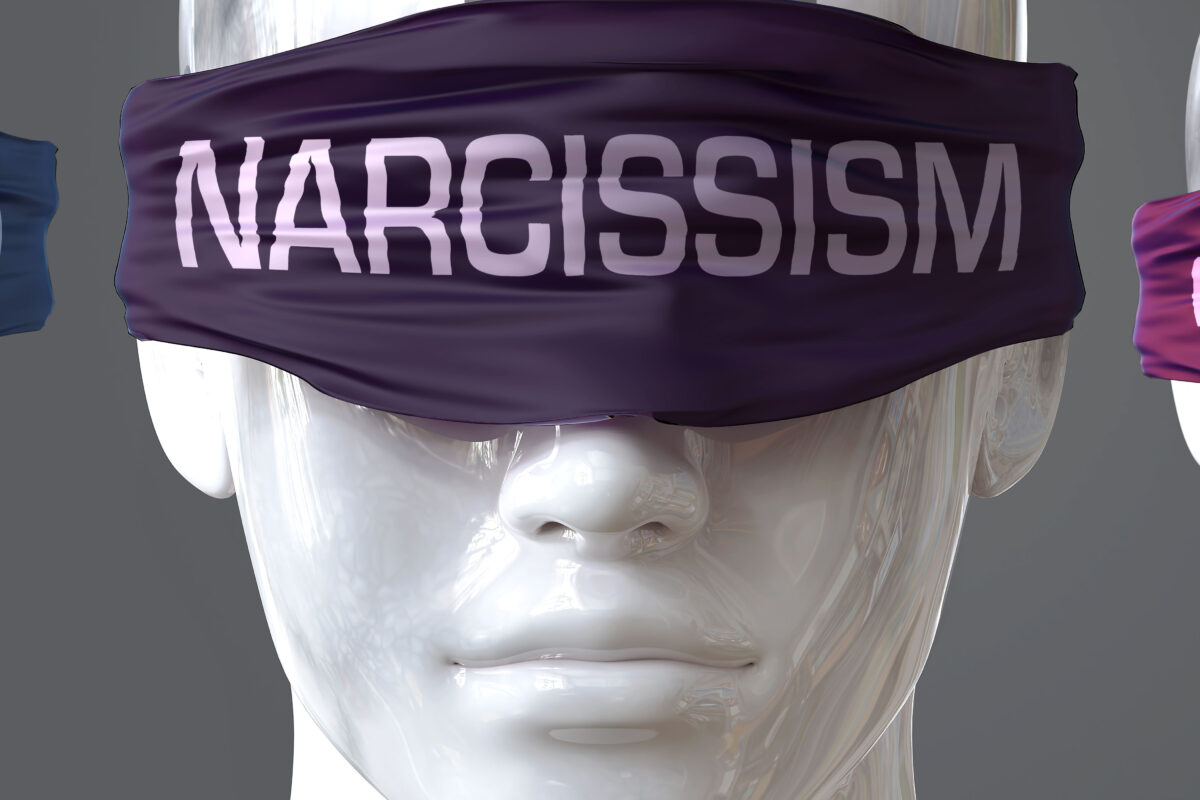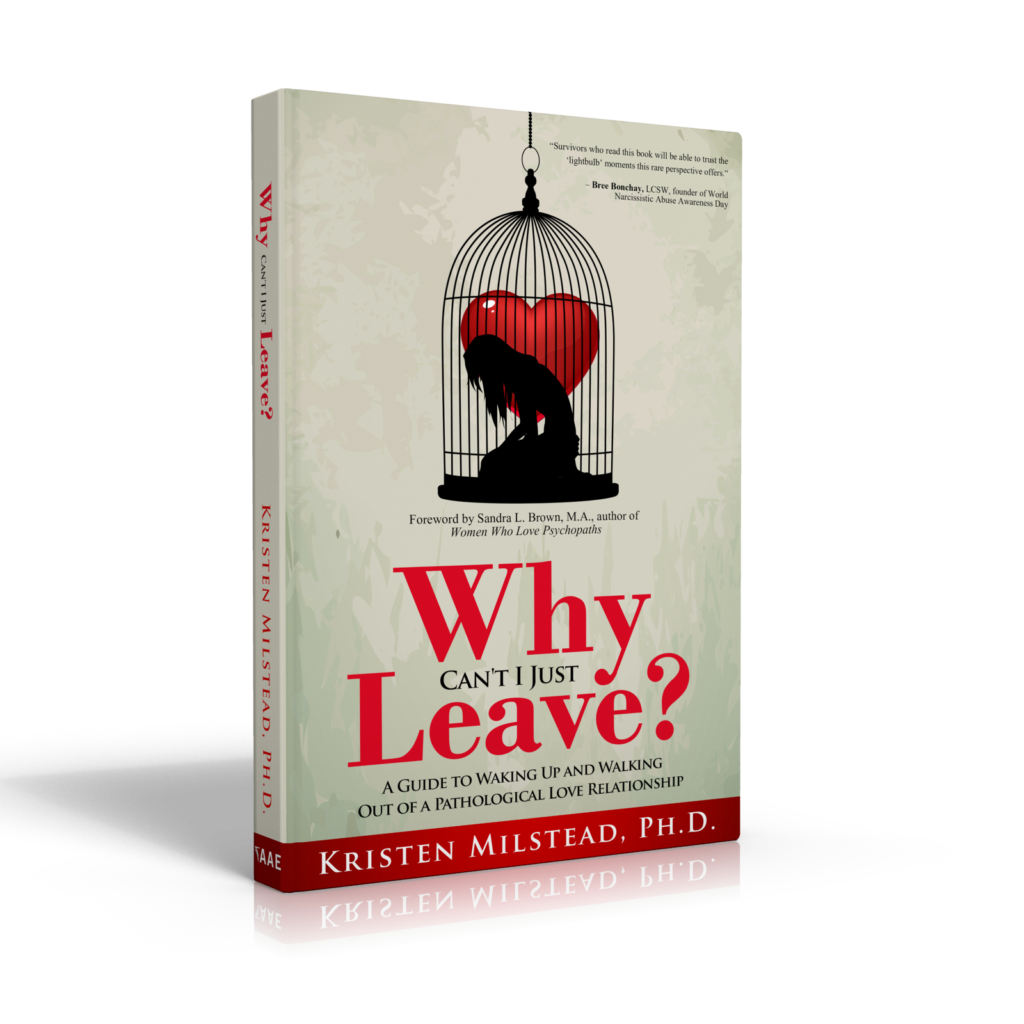When we talk about narcissistic abuse, we’re talking about something that happened to our minds, something that people can’t see. I’ve found that sometimes, by using metaphors and ideas from popular culture, it’s easier to explain to people who have not experienced a relationship with like this one what the relationship was like or why it hurt so much. Even then, however, I have still found myself asking the question, should I tell people I was abused by a narcissist?
As a general rule, the answer I’ve come up with is “no,” but the reasons are many. There are times, however, when I’ve found myself trying to explain aspects of it. There are two primary factors I consider.
Two Factors to Consider
The Empathy Factor
We can generally divide the people in our lives into the three categories below.
- People who want to be supportive and are open to understanding;
- People who unknowingly say or do unsupportive things out of ignorance, but are generally empathetic and likely would not do these things if they had a better understanding;
- People who re-victimize and/or re-traumatize you with their words or actions because of or due to what happened. They may not be interested in having an interactive conversation and altering the point of view they already have or they may just shut you down when you try to talk about it.
Does the third one sound familiar? Like the stonewalling, minimizing, or blameshifting narcissist?
Let’s be clear. We should give up on ever trying to explain what happened to people in the third category. People who do not attempt to listen actively and learn with an open mind, or try to put us off of talking about it are not likely to offer anything supportive and can make recovery more difficult. And people who kick others when they’re down are people you should just stay away from. They’re not interested in understanding.
So how can we tell the difference between people who unknowingly say or do unsupportive things and people who are not interested in understanding and don’t care if what they do causes us additional suffering?
Truthfully, it can be difficult, especially if we are still in the relationship or are traumatized by it and are unable to think clearly about who genuinely cares about us or has our best interests at heart.
Here are a few questions to ask yourself:
- Does the person mostly respond to you empathetically in general, even when not about your relationship?
- Does the person use the information you have told them against you?
- Does the person keep details that they know about the relationship to themselves or have they shared it with others (e.g., spread gossip)?
- Is the person otherwise a good friend/supportive family member?
- Is the person a generally empathetic person toward other people?
In some cases, maybe it’s not clear-cut. Is someone giving you mixed signals about their level of support? This is even more dangerous. If someone seems supportive, but you are not able to answer the above questions in a way that makes you feel supported, if something feels wrong or off about your interactions, your gut is trying to tell you something: you are not supported.
The Time Factor
If we have decided that someone is an empathetic person and may be open to hearing more, another factor to consider may be where on the timeline of our lives we met them.
A relationship with a narcissist is one of those incidents in our lives that has a “before” and an “after.” When it happens, we are never the same. The person we were before it happens is gone.
That is not necessarily a bad thing, but the transition marks a distinction in how we can and do interact and means that there are three potential categories of people in our lives:
- People who knew us before we got into the relationship
- People we met while we were in the relationship or in the aftermath of recovering from it
- People we met after the relationship ended or will meet in the future
We will likely talk about it differently or want to talk about it differently with each group of people.
This factor may seem as if it concerns the degree to which we know people in each category, however, this is not necessarily the case. For example, someone we meet in the future may become a very good friend or potential partner and we will have to decide what to tell them about the relationship. This factor has more to do with who we are to the people in each of these categories.
Those who knew us before we got into the relationship may have a totally different view of not only the relationship itself but of us. It seems fair to say that those who knew us before we got into the relationship will be the easiest with which to discuss our relationships.
Those who knew us before we met the narcissist had the benefit of knowing who we actually were before we were traumatized by the relationship. They witnessed the transition and know something major has happened to us.
Those whom we met or will meet in the future will have the benefit of knowing us after we have gained some distance and had the chance to recover from it. They see our transformed selves. When we discuss it, we may not describe all of the details, however, our behavior is consistent.
Although I can’t tell you which combinations among these two groups you should tell or which ones will be the easiest in your particular situation, I would guess that the most difficult are probably individuals you meet or met while you were actually in the relationship.
Why?
They are witnessing you while you are in the midst of the chaos.
Our behavior will be inconsistent. One day we will defend the narcissist and the next day, we will cry in the most heartbreaking manner over something he or she has done. We find ourselves having to explain how we can love someone so much who has wrecked our lives. The devastation is right there, ripped wide open for the people closest to us, some of whom may have just met us, to see. We are at our weakest, and no matter how strong or independent we have ever been, a part of us has been erased and the people we have just met don’t know that part of us.
That’s why we seek each other out, as survivors. Because we understand all of these things.
Of course, it’s so much more complicated than that, and how many more details we provide will depend on how well we know the person, how much we trust them, and how much of a role they will play or do play in our lives.
Other Thoughts About Opening Up
- Open up slowly to new people about it. You don’t want to give other narcissists the key to open a door to exploit you by providing them with information they can use to blind you to their intentions.
- Be wary of people you don’t know well who are very interested in knowing a lot of the details. Some people are only interested in learning details about your life in order to use them for their own purposes. They might not necessarily be narcissists, but they might be people who want a “project” and think they’re going to help you recover. If you don’t take their advice, they can get upset if you don’t follow their recommendations. There are all kinds of reasons people feed off of the misery of others for their own purposes.
- It’s your story and you can tell as much or as little as you want to about it. It is all about your own comfort level.
It’s also important to remember that some people will never have empathy for or understand what happened because they won’t be able to identify with the fact that you were deceived (although experts explain that even they are deceived by narcissists and psychopaths).
They also may believe that they would never become trauma-bonded in a similar situation– as if they have a special psychological mechanism that kicks in to transcend normal brain functions when those brain functions are manipulated for evil purposes.
There is nothing you can do about that. You cannot control how other people perceive what happened to you. You can, however, own the story. You can be secure in your own narrative and keep people at a distance who want to flip that narrative in a way that disempowers you.
Don’t forget to check out these resources:






4 Comments
Christal
PS I don’t want my picture posted. Please take my picture off. Thank you!
Christal
Thank you so much for this post, Kristen! I had to deal with a lot of this with two ex-boyfriends, but mostly the second one. Talking about the empathy factor, the best way to say it is (1) people who care and understand, (2) people who care but don’t understand and (3) people who don’t care. It only comes down to those two things. They either don’t understand or they don’t care. One of the questions not mentioned is ‘Does opening up cause a fight to break out?’ or ‘Will the other person bring up the past that has nothing to do with the abuse?’ They would be the third category if the answer is yes. The reason I added those is because I personally get them and it happens every time.
Bob
Thank you once again Kristen for this thought I’m not out yet . almost . i have only two people i talk to about my situation an i think they both fall in the second cat. Unknowingly say things that don’t help. Simply because they have not lived it. As of lately i have just curbed my talking about it with them seems better. As far as someone in the future possibly a partner i feel it would almost have to be a prerequisite that they know or have experienced NPD. I also feel that is going to really narrow the possibilities an may not find.
Kind of a fear that’s contributing to me delaying my moving on.
Suz
Hi Kristen
You are spot on with this post, my best friend from childhood was my constant and was with me every step of the way. I was at breaking point and she got me to go to counselling to try and find out what the hell was happening to me. My other best friend, a work colleague listened to me, I asked her if she believed me, her reply “well I can’t really comment cos I don’t know her”. I was gutted!
Others just didn’t think it was anything to get upset about as it really does sound ridiculous that another person can get you into such an anxious state therefore you end up looking pathetic and a victim. I no longer have contact with my narc even though she’s within the family. I wouldn’t wish this abuse on anyone!
Thanks for all your help in explaining how, why and what happens!